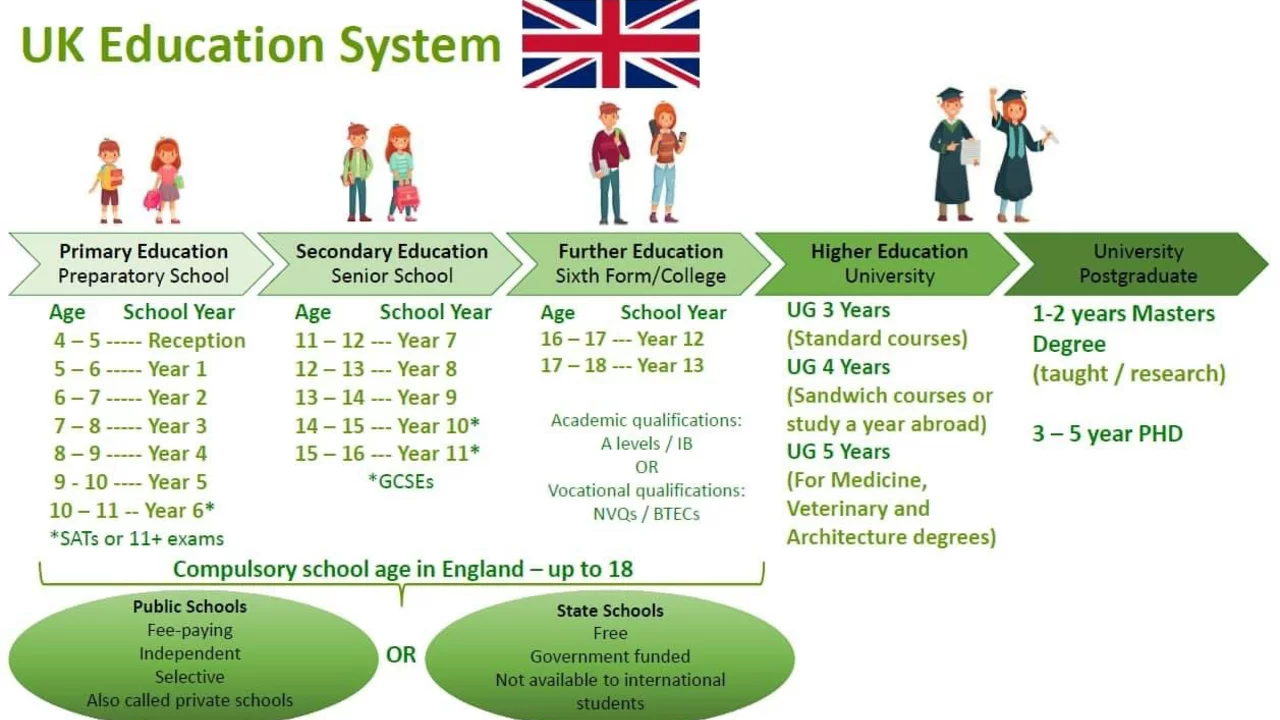Understanding the Concept of Continuing Education
As we embark on this journey of understanding how to legally start a continuing education program, it's important to first grasp the concept of continuing education. Continuing education refers to any organized educational activity that aims to enhance an individual's knowledge, skills, and competencies. This can range from certificate programs, conferences, seminars, workshops to self-study courses. Continuing education is a powerful tool for professional development, personal growth, and lifelong learning. It's a valuable asset to both individuals and organizations, enabling them to keep up with the rapidly changing world.
Recognizing the Need for Accreditation
Before we delve deeper into the process of starting a continuing education program, it's crucial to understand the importance of accreditation. Accreditation is a validation process by which institutions of higher learning are evaluated against established standards to ensure a high level of educational quality. It's the key to gaining recognition and credibility for your program. Without accreditation, the value of your program could be questioned, and it might not be recognized by employers or other educational institutions.
Determining Your Niche
Starting a continuing education program is much like starting a business. You'll first need to determine your niche. What type of program do you want to offer? In what field or industry? Who is your target audience? These are all critical questions that need to be answered. Identifying your niche will not only help you tailor your program to meet the needs of your target audience, but it will also give your program a unique edge in the competitive market.
Developing Your Curriculum
Once you've determined your niche, the next step is to develop your curriculum. This involves designing courses that are comprehensive, relevant, and engaging. You'll need to outline the objectives, contents, teaching methods, and assessment procedures for each course. It's essential to align your curriculum with the needs of your target audience and the standards of the industry. This can be a complex process, but it's a crucial one. A well-designed curriculum can significantly enhance the quality and effectiveness of your program.
Recruiting Qualified Instructors
Recruiting qualified instructors is another important step in starting a continuing education program. Your instructors will play a significant role in delivering the curriculum and shaping the learning experience of your students. Therefore, you'll need to carefully select instructors who are not only experts in their fields but also passionate about teaching. They should be able to inspire, motivate, and guide your students towards achieving their learning goals.
Building a Supportive Learning Environment
Building a supportive learning environment is another important aspect of starting a continuing education program. This involves creating a space (physical or virtual) where students feel comfortable, engaged, and motivated to learn. It could include providing access to learning resources, facilitating communication and interaction, and implementing support services such as academic advising and career counseling. A supportive learning environment can significantly enhance the learning experience of your students and contribute to their success.
Applying for Accreditation
Once you've set up your program, the next step is to apply for accreditation. This process can be complex and time-consuming, but it's crucial for the credibility and recognition of your program. You'll need to provide evidence that your program meets the established standards of quality. This might involve a self-study report, a site visit by the accrediting agency, and a review by an accreditation committee. It's important to be well-prepared and patient during this process. Remember, accreditation is not a one-time process but a continuous one. You'll need to engage in ongoing self-evaluation and improvement to maintain your accreditation.
Marketing Your Program
Marketing your program is the final step in the process of starting a continuing education program. This involves promoting your program to your target audience and persuading them to enroll. It's crucial to highlight the unique features and benefits of your program. You can use various marketing strategies such as social media marketing, content marketing, email marketing, and search engine optimization. Remember, the success of your program largely depends on your ability to attract and retain students.
Conclusion
Starting a continuing education program can be a challenging but rewarding endeavor. It requires careful planning, hard work, and commitment. But with the right approach and resources, you can establish a successful program that provides valuable learning opportunities for your students and contributes to their professional growth and personal development. Keep learning, keep growing, and keep making a difference in the world of education!

